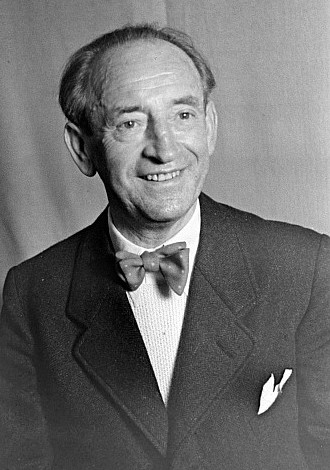Max Pechstein: Frases em inglês
As quoted in German Expressionist Painting, Peter Selz, University of California Press, 1974, p. 313
Pechstein and others initiated in Nov. 1918 in Berlin the Novembergruppe, a socialist artist-group, competing then with Die Brücke
“Contented sleep releases the limbs. We await full moon. Await the dance!”
4 short quotes of Max Pechstein, 1918, in Aus dem Palau-Tagebuch, 'Das Kunstblatt' 2, no. 6, p. 179; as cited in 'The Revival of Printmaking in Germany', I. K. Rigby; in German Expressionist Prints and Drawings - Essays Vol 1.; published by Museum Associates, Los Angeles County Museum of Art, California & Prestel-Verlag, Germany, 1986, p. 43
quote, c. 1920; in Buchheim, Künstlergemeinschaft Brücke, p. 303; as cited in 'The Revival of Printmaking in Germany', I. K. Rigby; in German Expressionist Prints and Drawings - Essays Vol 1.; published by Museum Associates, Los Angeles County Museum of Art, California & Prestel-Verlag, Germany, 1986, pp. 40-41
In his letter in 1920, to de:Georg Biermann; as quoted in Georg Biermann - Max Pechstein, Leipzig 1920, p. 14
Pechstein answers Biermann's question: 'which 'primitives' had influenced him in his early painting style'
Buchheim, Künstlergemeinschaft Brücke, p. 304; as quoted in 'The Revival of Printmaking in Germany', I. K. Rigby; in German Expressionist Prints and Drawings - Essays Vol 1.; published by Museum Associates, Los Angeles County Museum of Art, California & Prestel-Verlag, Germany, 1986, p. 54
a later quote of Pechstein; as quoted in Brücke und Berlin: 100 Jahre Expressionismus, ed. Anita Beloubek-Hammer; Nicolaische Verlagsbuchhandlung, Berlin 2005, p. 266 (transl. Claire Albiez)
about the cause of the break-up of Die Brücke group in 1913: the harsh city-life of Berlin. Pechstein himself already was removed from the Brücke group in 1912 (one year before the definite break) because he went against the self-imposed rule of die Brücke to only exhibit together - when he decided to show also his art at the 'Berliner Secession'.
from a note of Pechstein; as quoted in Expressionism, a German Intuition, 1905-1920, [exhibition-catalogue 1980-81]; Paul Vogt, Horts Keller, Martin Urban, Wolf-Dieter Dube, and Eberhard Roters; Solomon R. Guggenheim Foundation, 1980, p. 5
in his early youth
As quoted in German Expressionist Painting, Peter Selz, University of California Press, 1974, p. 90
as quoted by de:Wolf-Dieter Dube, in Expressionism, de:Wolf-Dieter Dube; Praeger Publishers, New York, 1973, p. 89
Pechstein is recalling the Summer of 1910; as quoted in Expressionism, Wolf-Dieter Dube; Praeger Publishers, New York, 1973, p. 30
Quote of Pechstein in Expressionism, de:Wolf-Dieter Dube; Praeger Publishers, New York, 1973, p. 32-33
